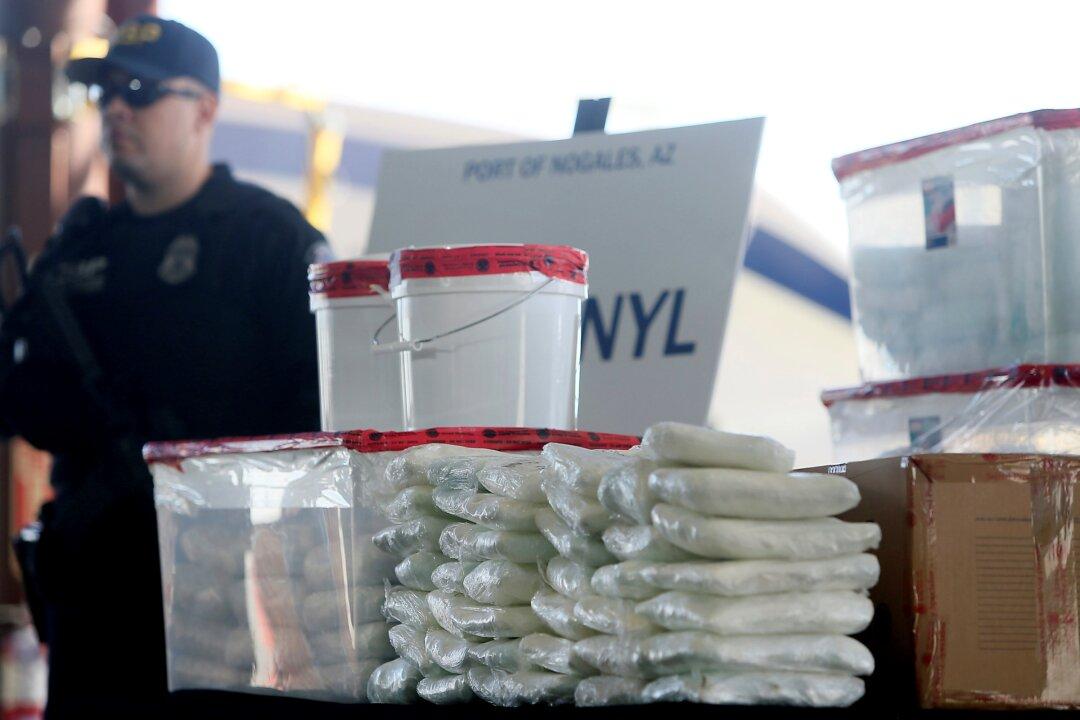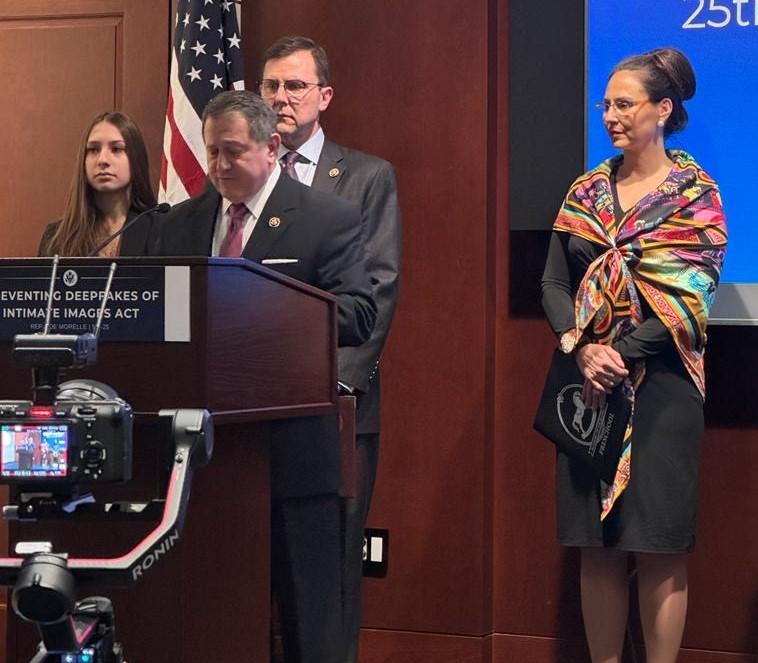A judge in a court in Ohio broke new ground and employed a new tool in the U.S.’s legal and government response to the deadly illicit fentanyl epidemic with her Aug. 9 ruling that a Chinese drug cartel pay $18 million to the family of a man who fatally overdosed on the drug that officials tracked back to the cartel.
Thomas “Tommy” Rauh was 37 years old and battling addiction when he injected a lethal combination of heroin laced with fentanyl, a synthetic opioid, in 2015.





